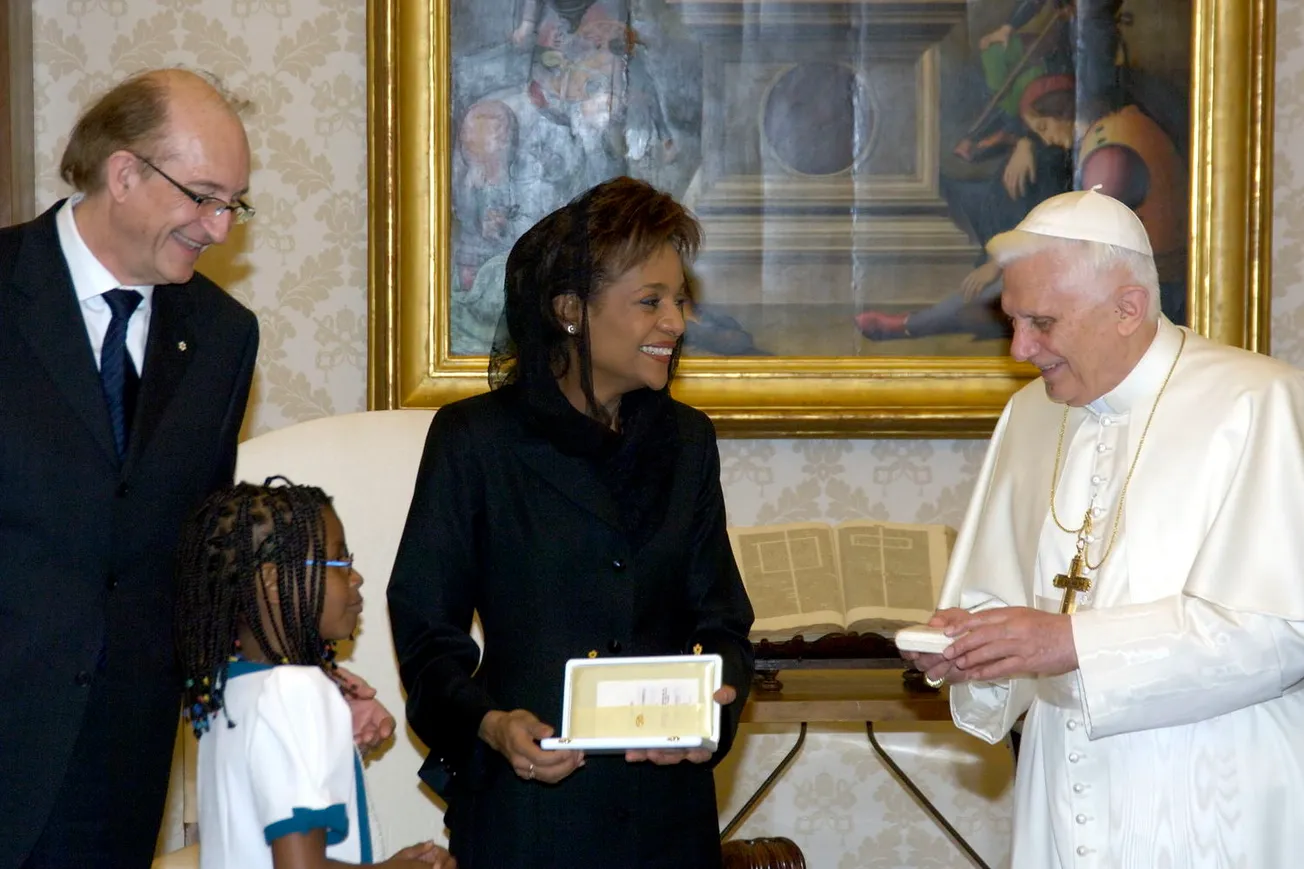I consider myself authentically Black and totally Catholic. Similarly to Zechariah, I aim to do as God wills, and this recently led me to enroll in a post-graduate diploma program in Catholic Studies at Assumption University in Windsor. Here, I was afforded the opportunity to conduct research on the experience and contribution of Black Catholics in Canada. However, my enthusiasm abruptly ended as my work began.
Searching continuously, I found that academic articles, newspapers, books, websites, or organizations in Canada discussing the Black Catholic Canadian experience were sparse and obscure. The overwhelming amount of research and contribution was exclusively on the African-American experience with the Catholic Church. Even in this history, it is clear that African Americans have also struggled for recognition in the Catholic Church.
However, where does this leave me? I am Black, Catholic, and Canadian. Where do I belong? Who are those who preceded me, and what was it like for them to be part of parish life, religious orders, missions, and the like? There appears to be a disinterest from Catholic theologians in pursuing this area for rigorous study. Theologians, as I am experiencing, have overwhelmingly missed the story of Black Canadian Catholics in Church history. It is my hope to change that in whatever way possible, even if it is slight.
The reason I choose to focus on the Black Catholic Canadian experience stems from my own identity. Cradle Catholics such as myself can at times take their faith for granted, since we did not really “do” anything to receive the faith. However, I was raised in the knowledge that my faith and being Catholic placed a calling on my life. Much like the people of Israel, I was instructed by my parents that our faith as Christians and Catholics made us different. In times of old, God told the people of Israel, “Speak to all the congregation of the people of Israel and say to them: You shall be holy, for I the LORD your God am holy.” (Lev 19: 2-3).
Faithfully and as a family, we attended Sunday Mass. Given that my younger sibling attended a private and academically well-known Catholic school, the Church was simply part of our lives. Moreover, the fact was never lost on me that I almost never saw representations of any Catholic religious figures that looked like myself or any member of my family. I learned of the Black Madonna in high school, but that knowledge did not come from any of my Catholic school teachers. It was my mother that shared the icon’s significance. This was exciting, the very first representation in art of a religious image that I could actually see myself reflected. From all of my years attending Mass, I cannot recall a single homily about racial justice, any of the Black saints, or the life and contributions of Black Canadian Catholics.

In undertaking this research as an adult, I can see that there is room for Black and non-Black Catholic theologians to note that although smaller in numbers, many Black Catholics call Canada home. Furthermore, Black people have either wanted to or have been an integral part of the Canadian Catholic Church. Our contributions cannot simply be ignored by scholars who brush this aside to only focus on the American Catholic experience.
There are Black people, myself included, whose families have practiced our Catholic faith dating back to the 17th, 18th, and 19th centuries. Can Catholic theologians say they are shedding light on the faith by ignoring the lives of Black Catholic Canadians? We are a Catholic family, universal in the mystical Body of Christ.
In my work, I located a Dominican priest, Fr Iheanyi Enwerem, who brought some further clarity in the concept of “social silence.” This takes the form of direct or indirect exclusion of a people, persons, or ideas from the mainstream narrative and discourse. Where I am, this silence gives the very skewed impression that Black Catholics in the Canadian Church simply do not exist and certainly do not warrant any further study.
Thus, I suggest that it is time to shatter this “social silence” about Black Canadian Catholics and create a space for both historians and theologians to explore our lives with respect, honoring the dignity of our very personhood. Only in this vein can the Canadian Catholic Church really call itself a universal church.
Tamika Royes has fifteen years of experience in the social services sector in various roles. She has been a tireless advocate of justice causes, beginning in high school. She is currently pursuing a post-graduate certificate at Assumption University.









